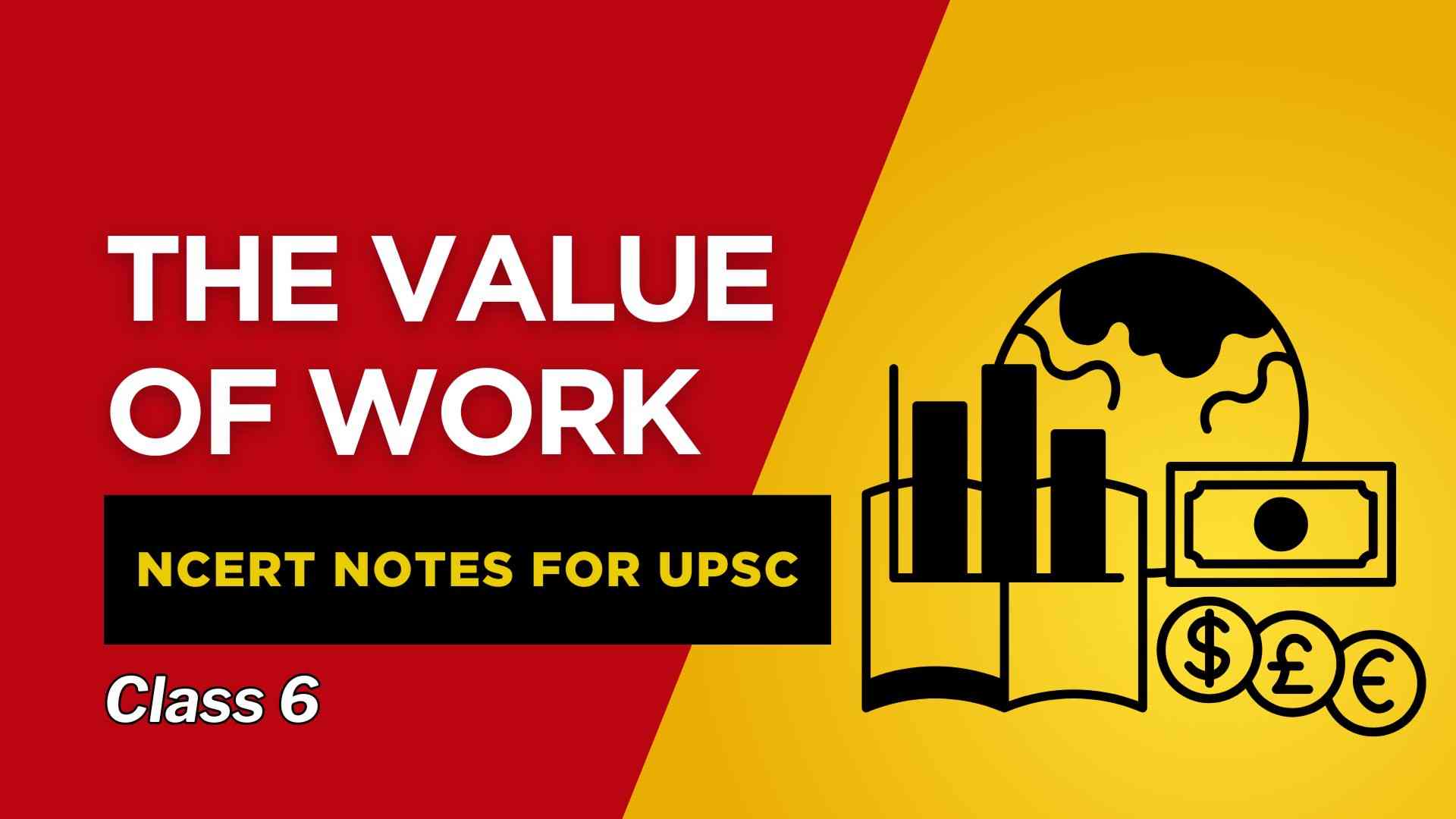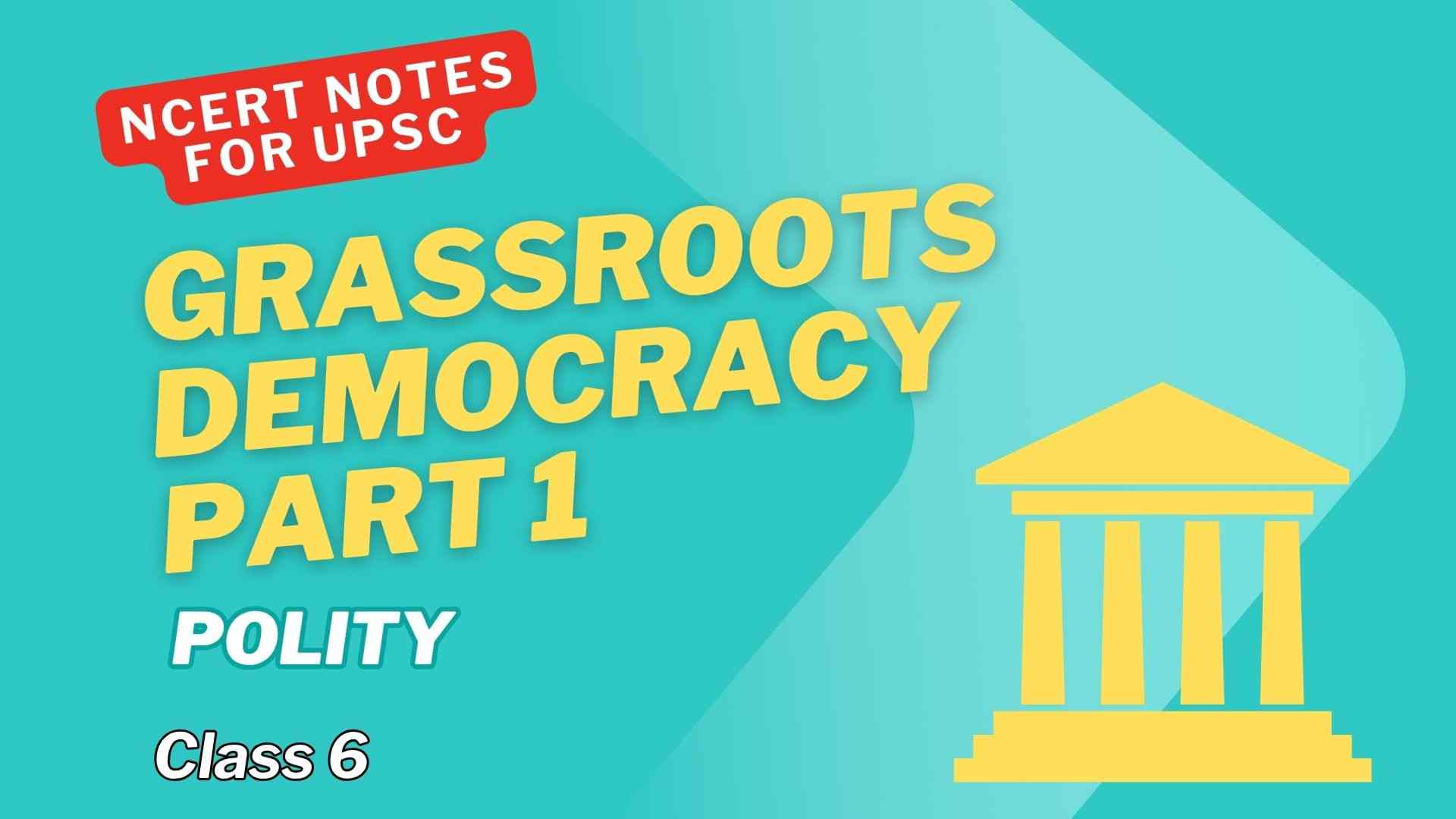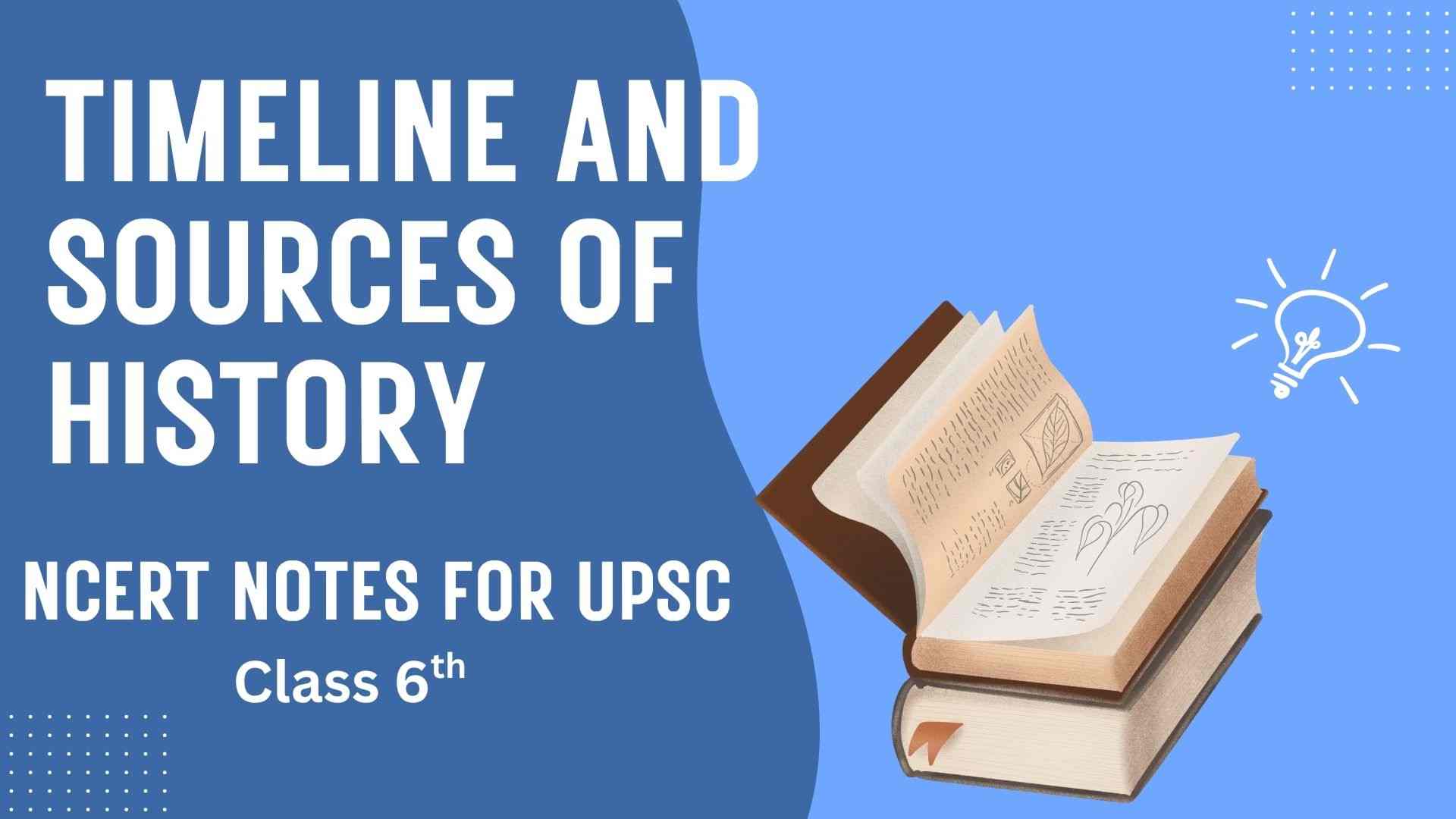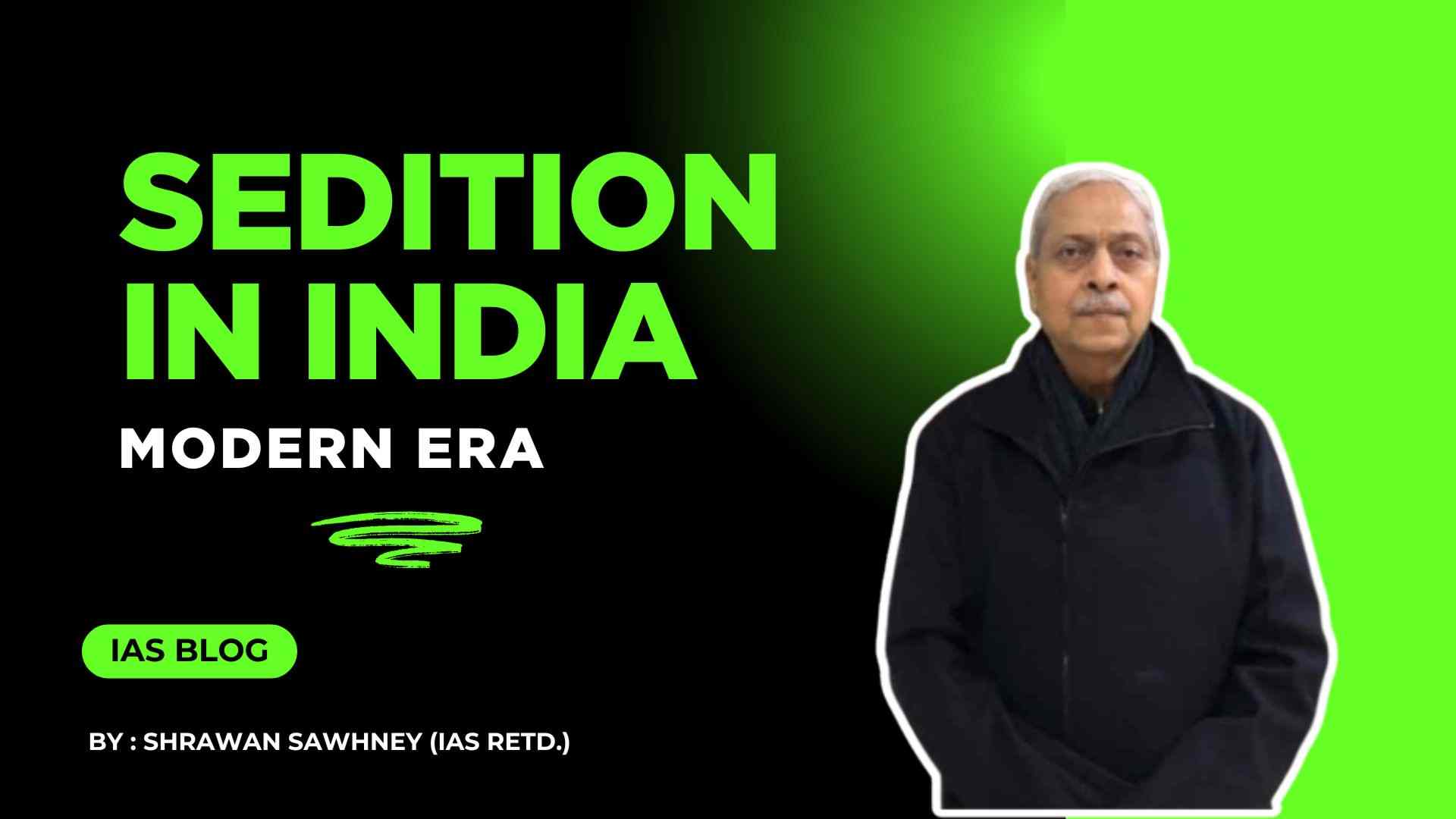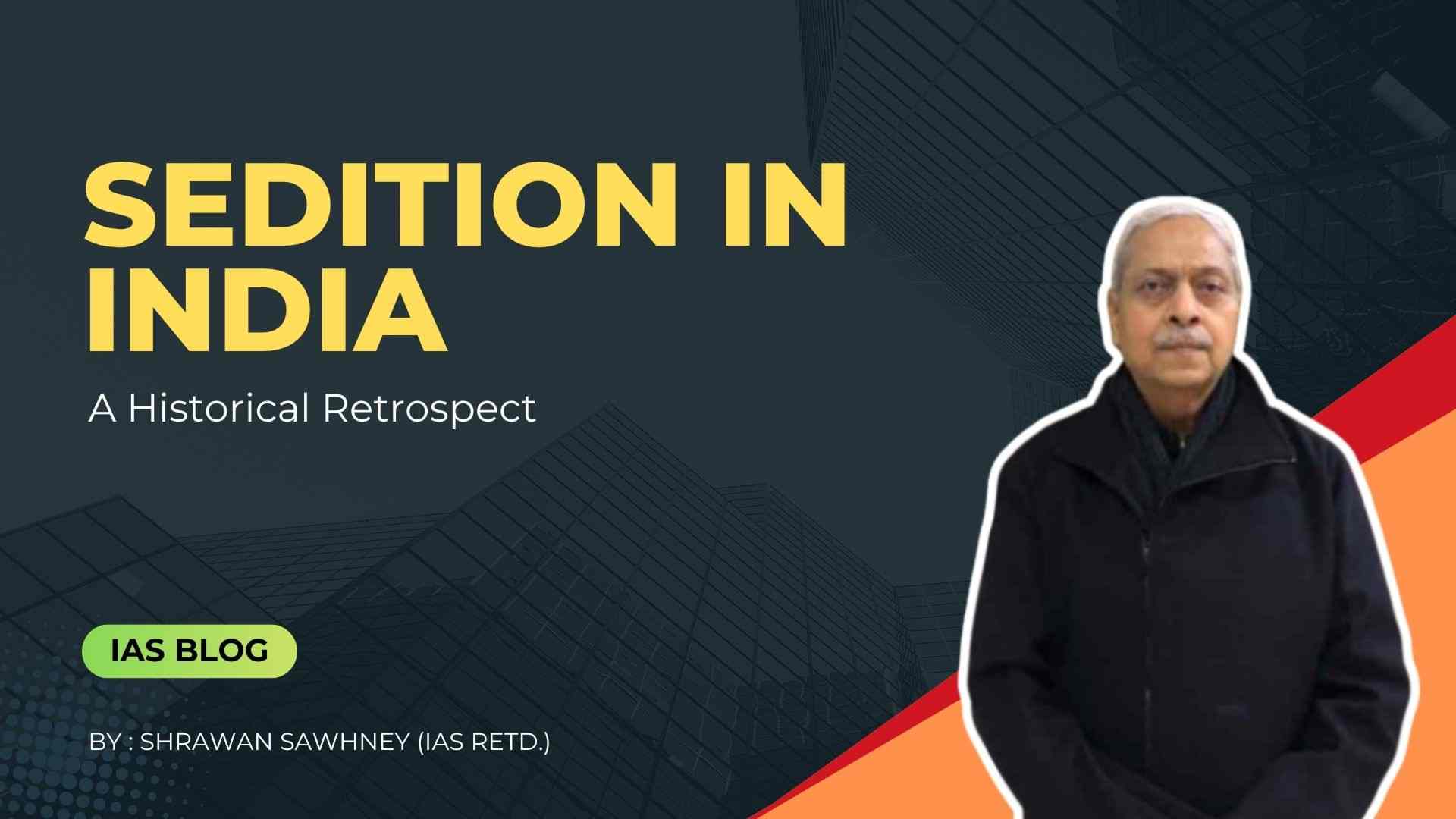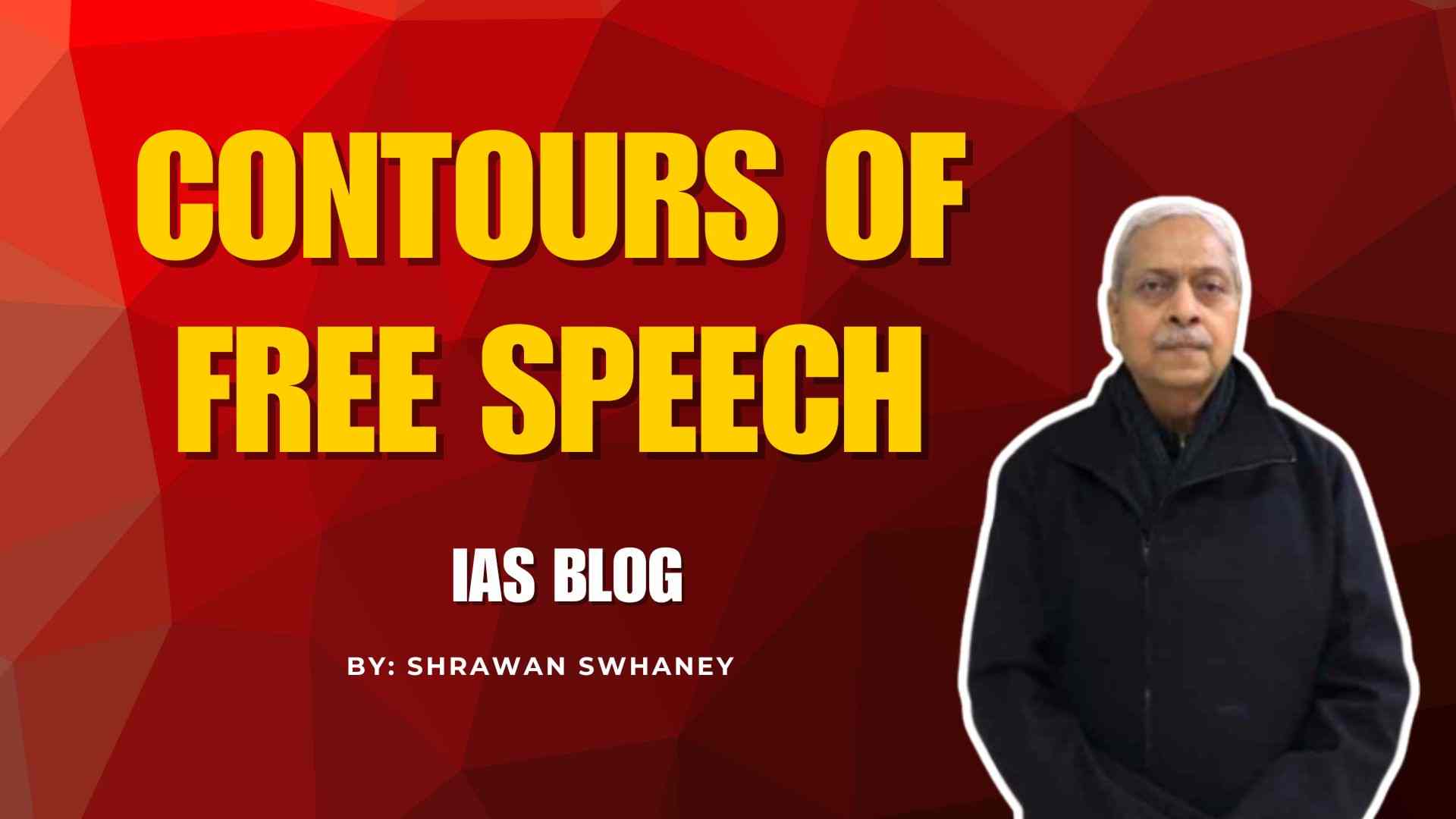Sant Kabir Das Jayanti was celebrated on June 11, 2025, marks his 648th birth anniversary.
The Value of Work Table of Contents The Value of Work Important Questions on The Value of Work for UPSC The Value of Work 🔶 Key Theme: Understanding how different …
Grassroots Democracy – Governance – Part 1 Table of Contents Grassroots Democracy – Governance – Part 1 Important Questions on Grassroots Democracy – Governance – Part 1 for UPSC Grassroots …
NCERT notes for UPSC Class 6th Family and Community.
India’s Cultural Roots Table of Contents India’s Cultural Roots Important Questions on India’s Cultural Roots for UPSC India’s Cultural Roots 🌿 Thematic Overview India’s culture is like an ancient banyan …
Timeline and Sources of History Table of Contents Timeline and Sources of History Important Questions onTimeline and Sources of History for UPSC Timeline and Sources of History 🧭 Understanding History …
Learn NCERT class 6 chapter Locating Places on the Earth for UPSC IAS exam.
English inhabitants in India requested the then Indian rulers to grant them the privilege of being governed by the English law. Indian rulers acceded to this request which led to the wholesale import of English law in India.
Sedition is perhaps the very vaguest of all offences known to the criminal law. The offence of sedition was pitchforked in the news recently, be it “Delhiriots” during President Trump’s visit in February this year: be it the “Tukade-Tukade” gang of JNU which advocated fragmentation of India, or be it the prosecution of dissident MLAs in Rajasthan in June-July this year under Section 124-A of the Indian еnal Code, 1860.
Recent a spate of cases against stand-up comics Munawar Faruqui, Nalin Yadav, Edwin Anthony, politician Shashi Tharoor, journalist Rajdeep Sardesai and young climate activist Disha Ravi, have again questioned the relevance of repressive laws of all kinds, specially sedition and criminal defamation and there is a widespread outcry as to why these provisions, from the era of colonial regime, should not be scrapped. Most recently, Supreme Court’s refusal to invoke sedition against Farooq Abdullah for his opposition to abolition of Article 370 again highlights the issue. These cases flag a fundamental infirmity in sedition law.
Generation Z, also known as Gen Z-ers and Zoomers, is born between 1997 and 2012. It has succeeded the millennials and preceded the Generation Alpha. Gen Z, comprising roughly 20% of the world’s population, is the digitally native generation as it has grown up in a world where social media – Instagram, TikTok, YouTube, Snapchat, LinkedIn, Facebook, Reddit, Twitter (now renamed X) – is an integral part of daily life.
Community Resources: An Equitable Landscape Table of Contents Blog – Community Resources: An Equitable Landscape Notes on the basis of the Blog Important Questions on Community Resources: An Equitable Landscape …


